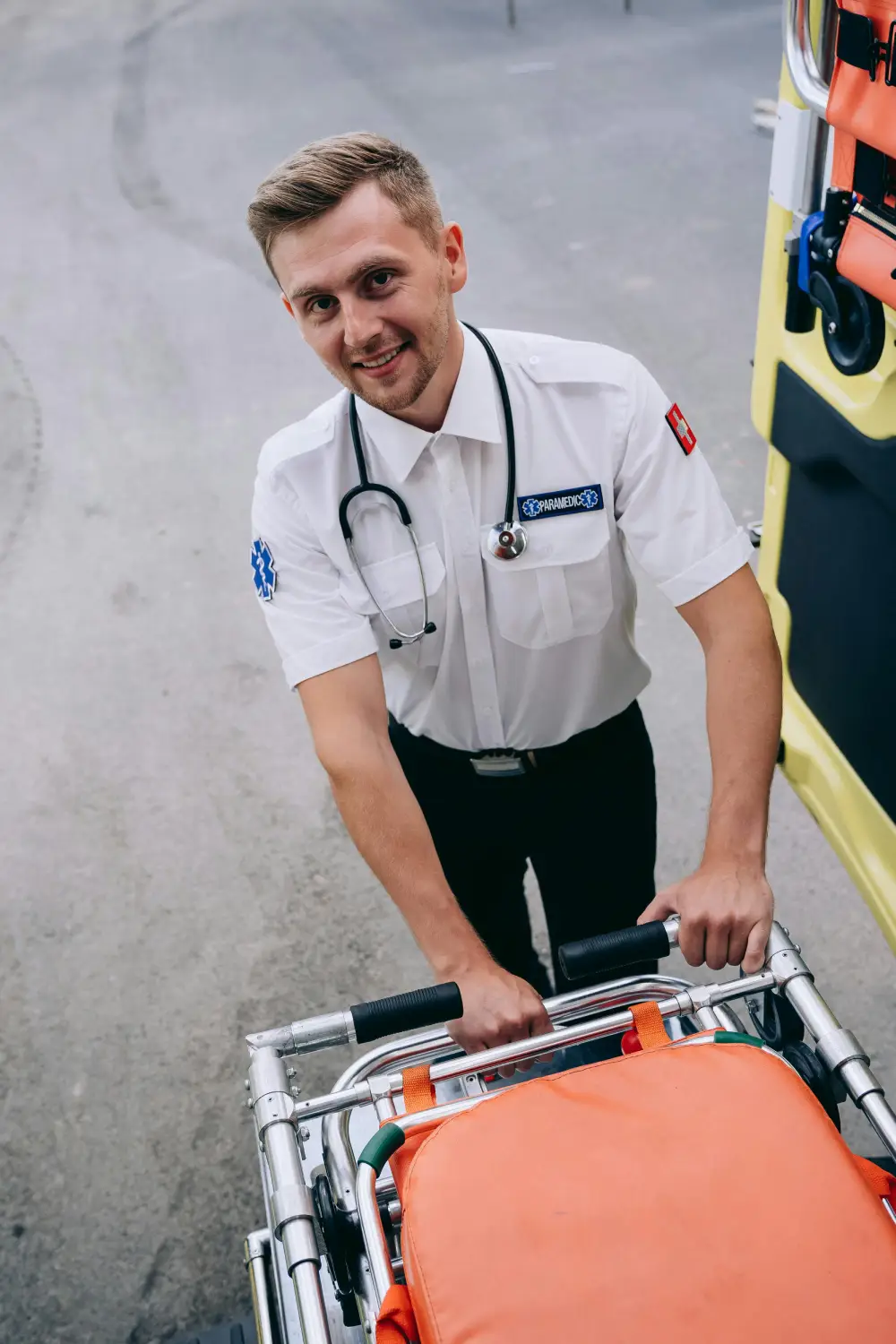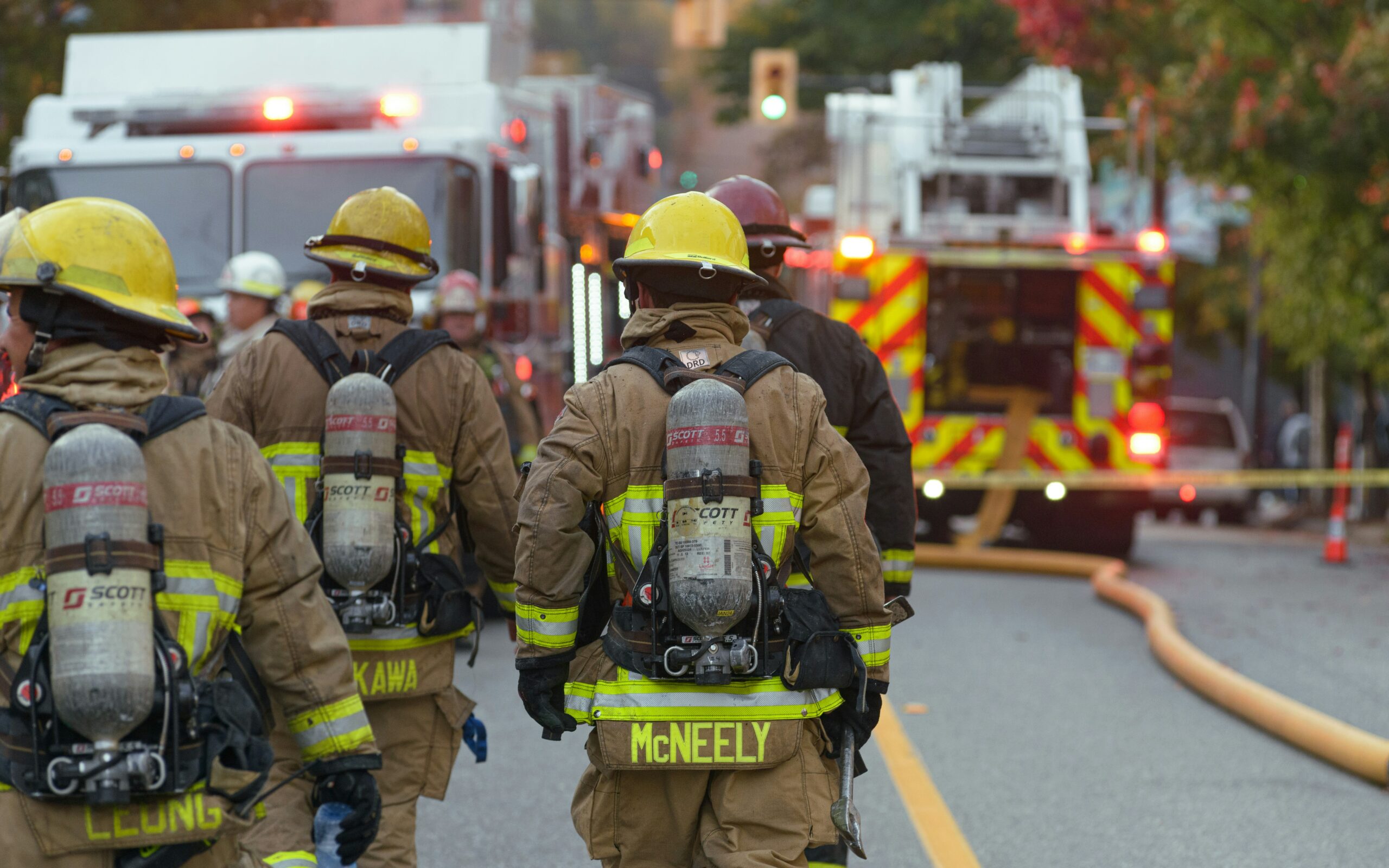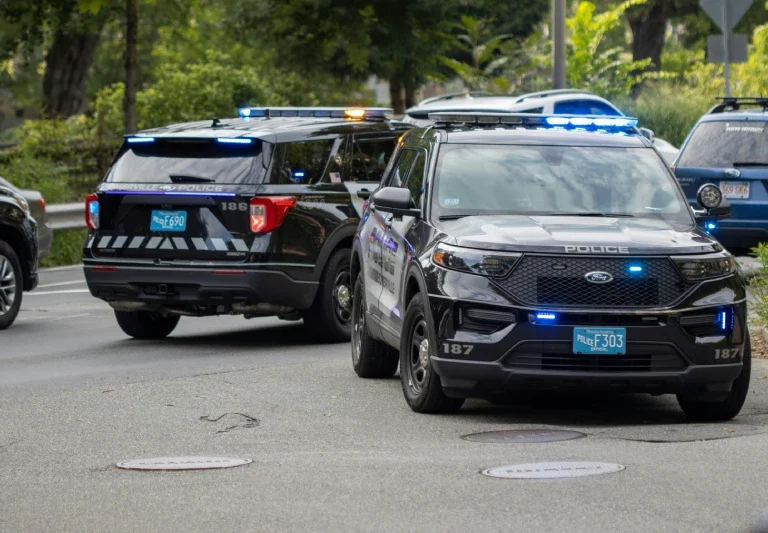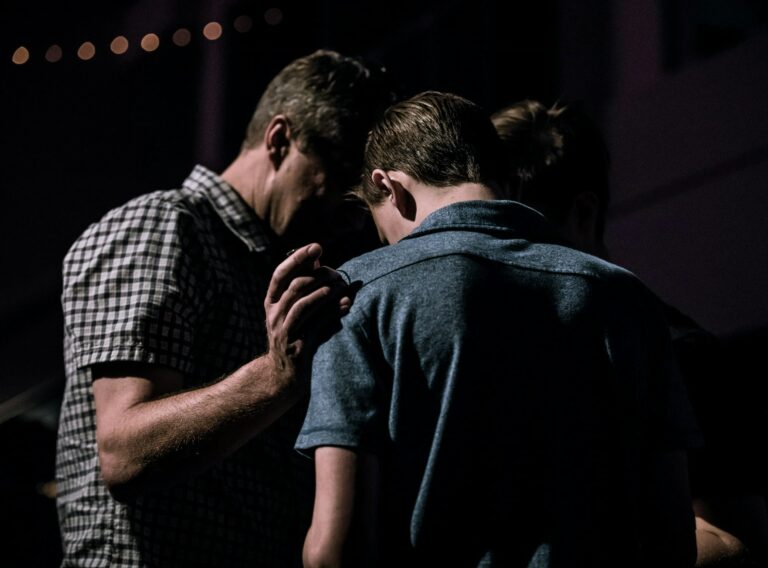First Responder Support
You protect our communities. We’re here to help protect your mental health.
As a police officer, firefighter, paramedic, dispatcher, corrections officer, or member of the military, you will experience stressors and traumas to which most people are never exposed. The pressures of critical incidents, shift work, and split-second decisions can be extremely hard on your mental health.
Here at Evolution Psychotherapy, we put first responders first. We specialize in treating PTSD, anxiety, burnout, depression, and operational stress injuries with first responder therapy. We know how invisible the wounds of service can be—the emotional and psychological impact that remains with us long after the call has ended.
Our first responders’ therapy in Toronto is confidential, tailored to your culture, trauma-informed, and designed to reflect the unique realities of life in uniform.
Whether you’re struggling in silence or ready to take the next step, we’re here to walk alongside you with care, respect, and proven strategies that work.
Through First Responder Assist, our dedicated clinical team provides prevention, crisis intervention, assessments, and treatment specifically for Ontario’s frontline workers. This isn’t just therapy—it’s a space to heal, reset, and move forward.
This is your sign to reach out for first responder therapy, where we’d like to point out that putting first responders first is our top priority.


























